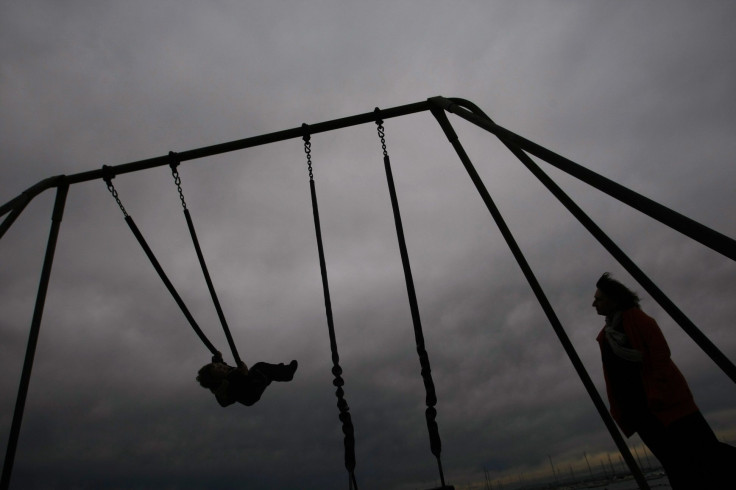Specialists push better access to child health care for all Australian kids

There is a gap between disadvantaged children and other kids when it comes to social competence, cognitive skills, language and physical health, recent data from the Australian Early Development Census suggests. Specialists are now pushing for further investment to improve the health of all Aussie kids.
Royal Australasian College of Physicians (RACP) President Dr Catherine Yelland said on Monday that access to child health care must be fair for all Aussie kids and that funding for disadvantaged groups should be prioritised in the 2018-19 Federal Budget. Yelland said it is not acceptable that children get the worse health, developmental and wellbeing outcome because they are born into disadvantage.
“Children who experience health inequities may not have fair access to health care and specialist care because they are affected by social determinants such as geography, ethnicity and socioeconomic status,” Yelland said. Kids experiencing disadvantage face an increased risk for chronic issues such as learning difficulties, cerebral palsy, developmental delay and mental health problems.
Yelland believes that the government needs to make further action to improve health outcomes for these children and make health care more accessible to them. The RACP’s recommendation is for the federal government, in its pre-budget submission, to commit to new investment in paediatric child health services which must be universally accessible. It is also suggested that these services must be prioritised according to the needs of patients.
The RACP also recommends an increased funding form home visit programs specifically in rural and remote areas. This would help surmount barriers and guarantee improved child health and wellbeing.
President of Paediatrics and Child Health within the RACP Dr Sarah Dalton said that early intervention is key in addressing inequities in child health care. She explained that what may appear to be a small thing can pose a huge impact on how a child lives.
“For example, coming from a family where adults smoke can lead to a lifetime of problems with asthma, or being in an environment where bedtime stories are hard to come by can lead to a delay in language development. These families need help and a system that supports their children,” Dalton explained. Her recommendation is for the federal government to report transparently and annually against the Australian Institute of Health and Welfare Children’s Headline Indicators, adding the RACP welcomes the chance to work with the government to design programs for reforms.





















